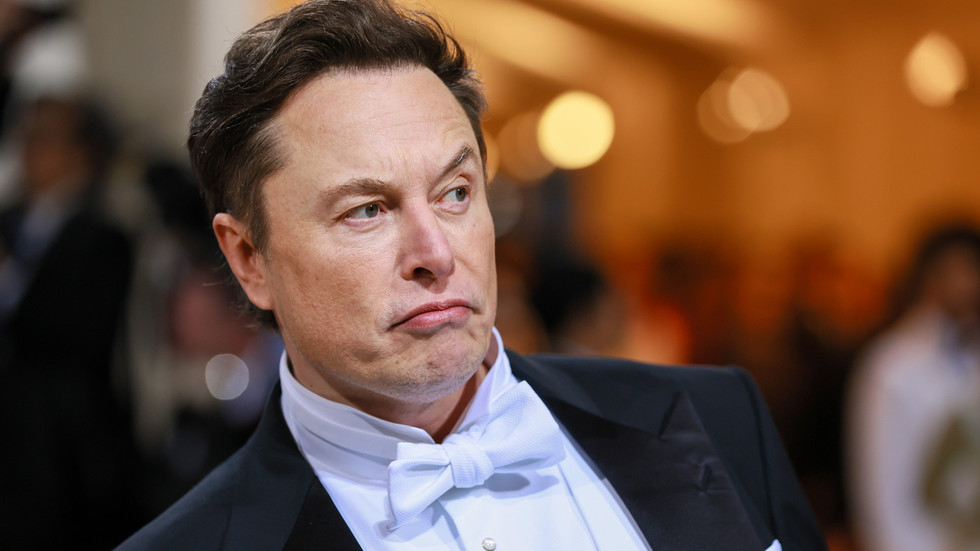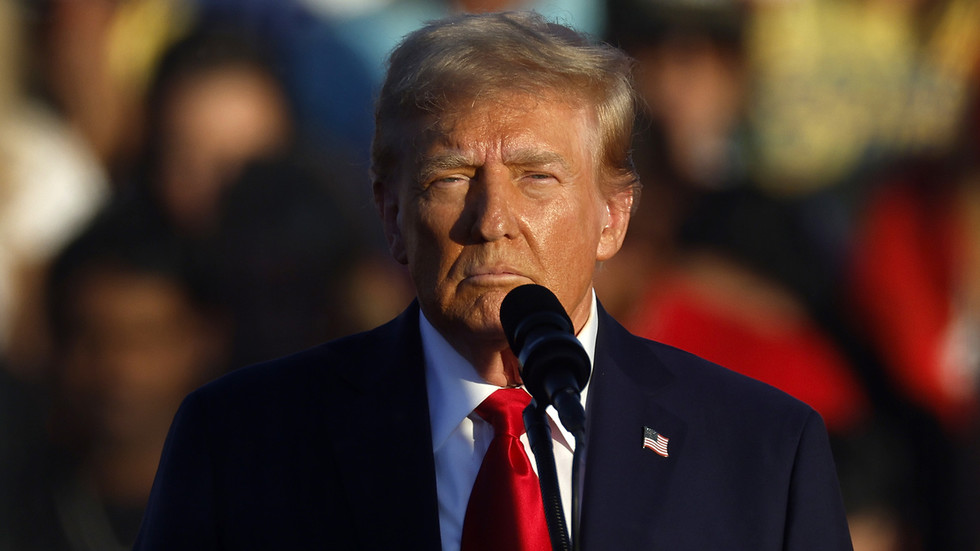Schoof, 67, is currently the top official at the justice ministry and a former head of the Dutch intelligence service.
Published On 28 May 2024
Dutch right-wing coalition parties have nominated former security chief Dick Schoof as their preferred candidate to become the Netherlands’ next prime minister.
Schoof, 67, is currently the top official at the justice ministry and a former head of the Dutch intelligence and immigration services. After nearly six months of debate within the coalition, Schoof will succeed outgoing premier Mark Rutte.
“On the recommendation of, and with the support of the parliamentary coalition leaders… I have found Mr Dick Schoof willing to be available as the intended prime minister,” Richard van Zwol, the official tasked with leading talks to form a new Dutch government, said on Tuesday.
Despite a stunning election victory in November, far-right leader Geert Wilders gave up his ambition to lead the European Union’s fifth-largest economy amid widespread unease over his anti-Islam, anti-European views.
Wilders and other coalition leaders asked Schoof, who originally came from the left-wing Labour Party but is seen as an official able to tackle threats from inside the Netherlands and abroad, to take the role.
Schoof will now be tasked with forming a government together with van Zwol and the four right-wing coalition partners who have 88 seats in the 150-member lower house of parliament.
This includes Wilders’s Party for Freedom (PVV), Rutte’s People’s Party for Freedom and Democracy (VVD), newcomers the New Social Contract (NSC) party and the agriculture-friendly Farmer-Citizen Movement.
The coalition decided that the cabinet will be split in half between politicians and outside experts to implement the Netherlands’ “toughest” immigration policy ever.
Schoof told journalists at a press conference that he aimed to “decisively” carry out the policies decided on two weeks ago by the coalition partners in a draft government agreement.
“This means getting a grip on migration and asylum, giving people including farmers security of living, and looking at international safety,” he said.
“That’s why I am here,” said Schoof.
It took some six months for leaders of four political parties to clinch a deal on a government, and the manifesto they released bore the hallmarks of Wilders’s far-right PVV.
Wilders told the AFP news agency after the manifesto was released that the new government would enforce “the most tough anti-asylum [policy] ever being implemented in the Netherlands.”
He vowed the Netherlands would seek an opt-out from the EU’s common policy on asylum although the idea received a cool reception in Brussels and it is not clear how it would work.
Wilders admitted it would take many years and might not happen, promising instead to use Dutch law to restrict what he called an “influx of asylum seekers”.
Schoof, who has decades of experience navigating The Hague’s bureaucratic pitfalls, said he aimed to be “a prime minister for all Dutch citizens” when asked about carrying out Wilders’s policies.
“I am going to be the prime minister. I am without a party. I don’t see myself kowtowing to Mr Wilders,” Schoof told journalists, but he stressed “my plans for the Netherlands are those agreed upon by the coalition leaders”.
Coalition parties now aim to have a government in place before the summer, the NOS public newscaster said.

 6 months ago
31
6 months ago
31









